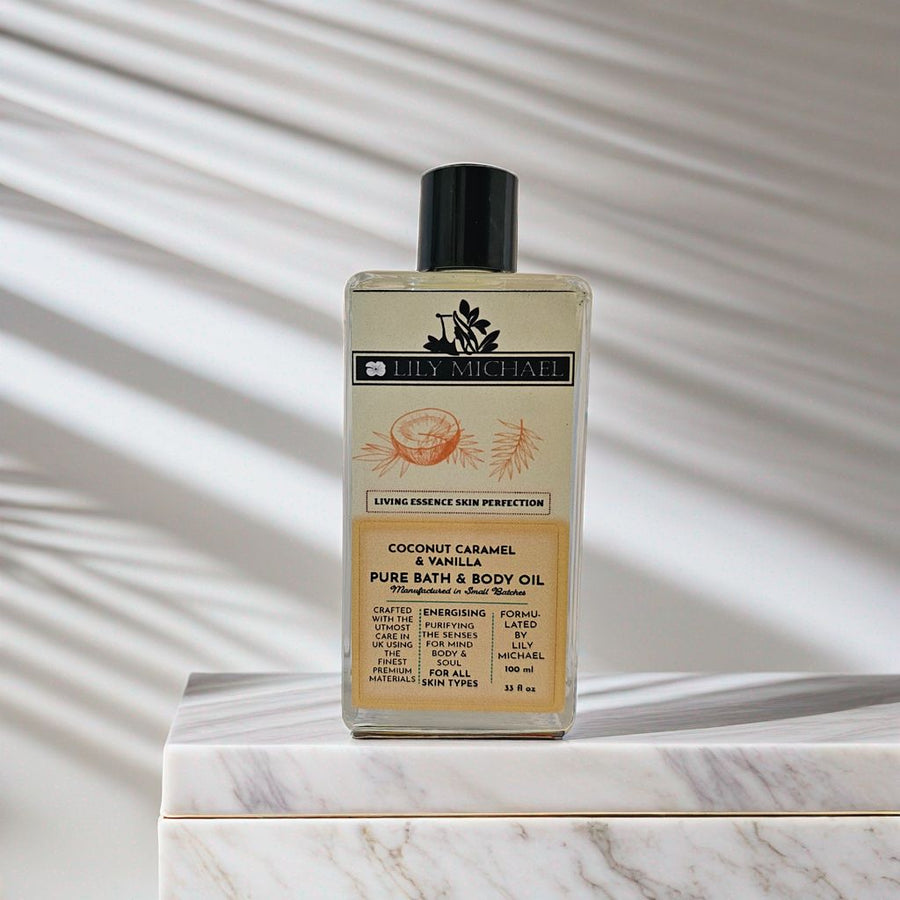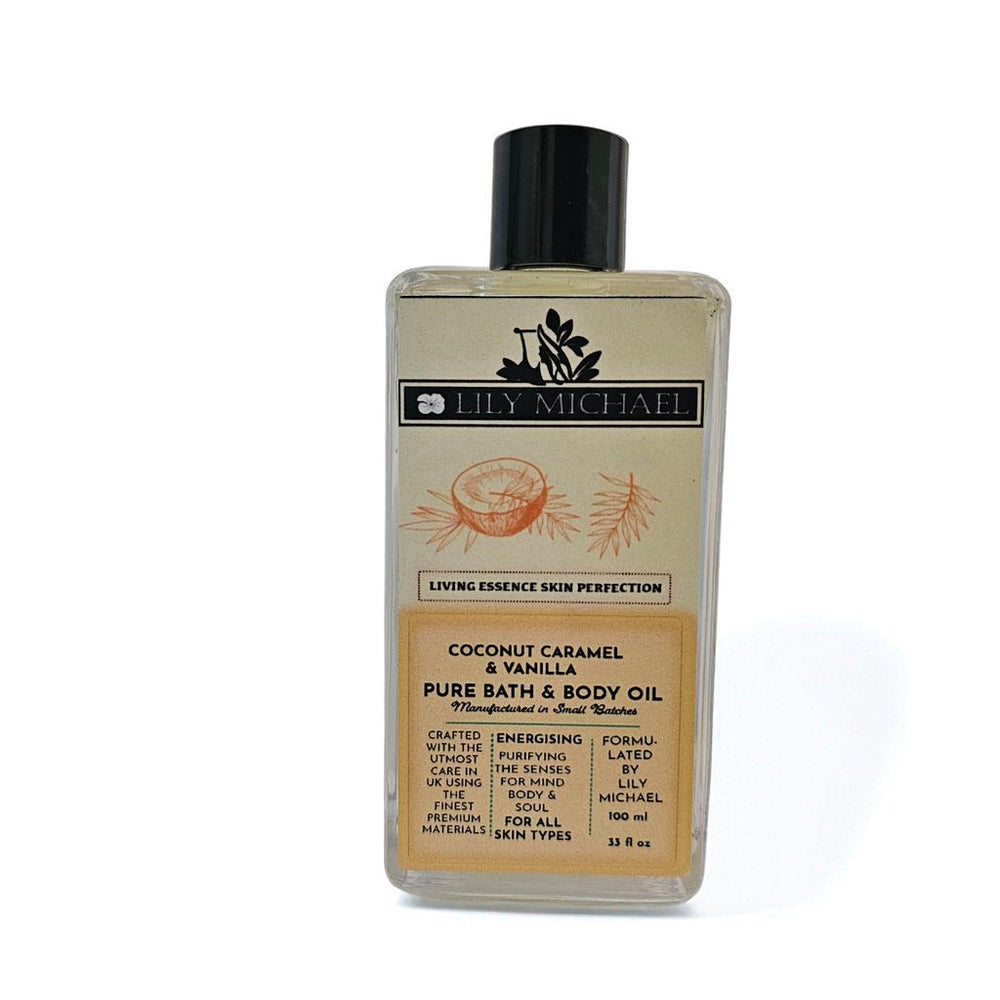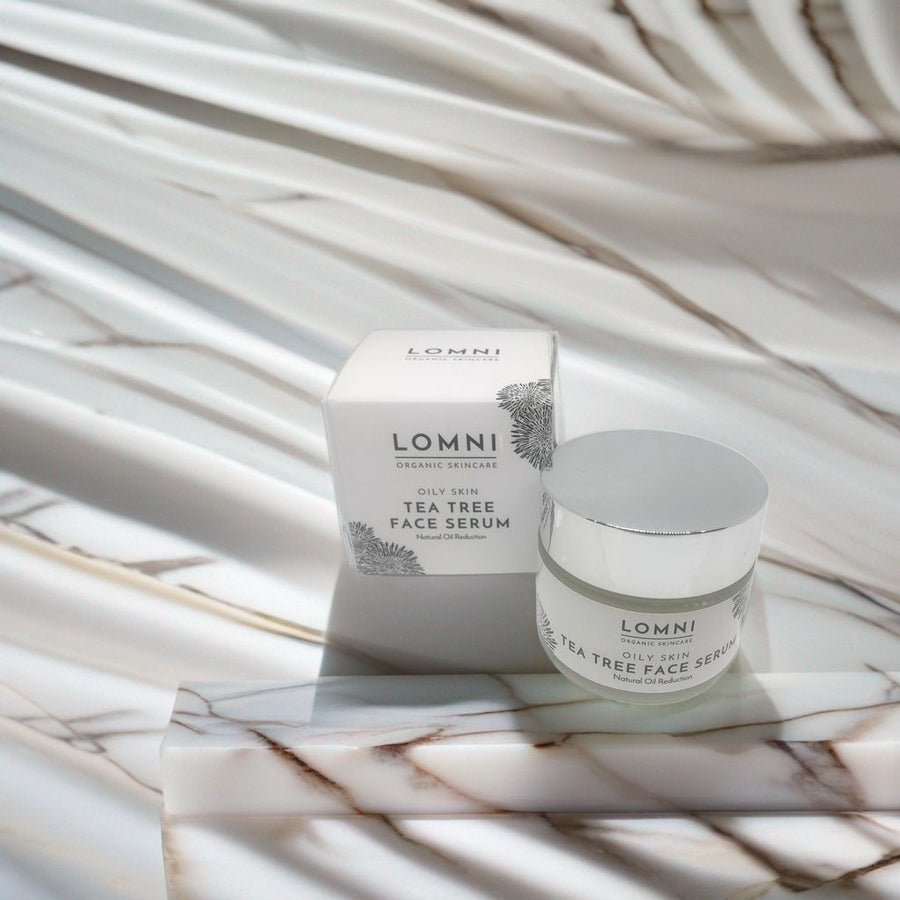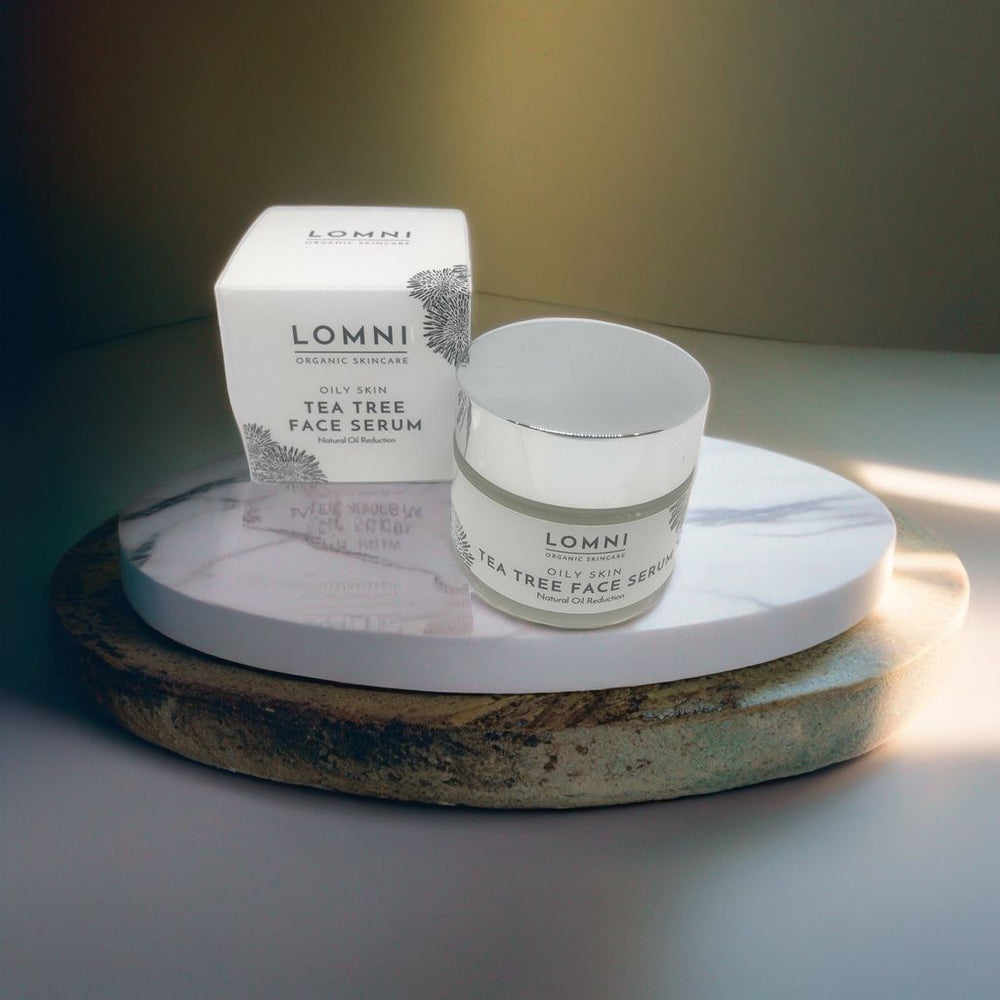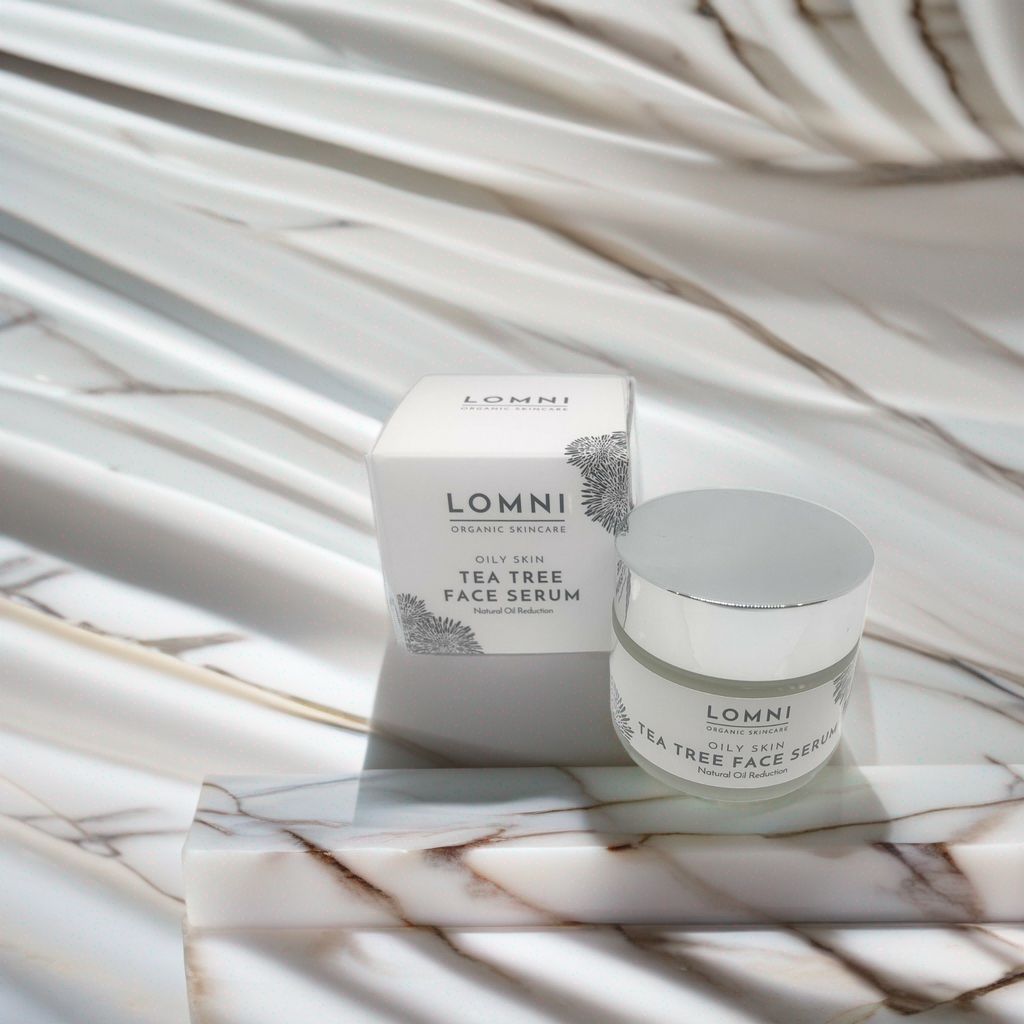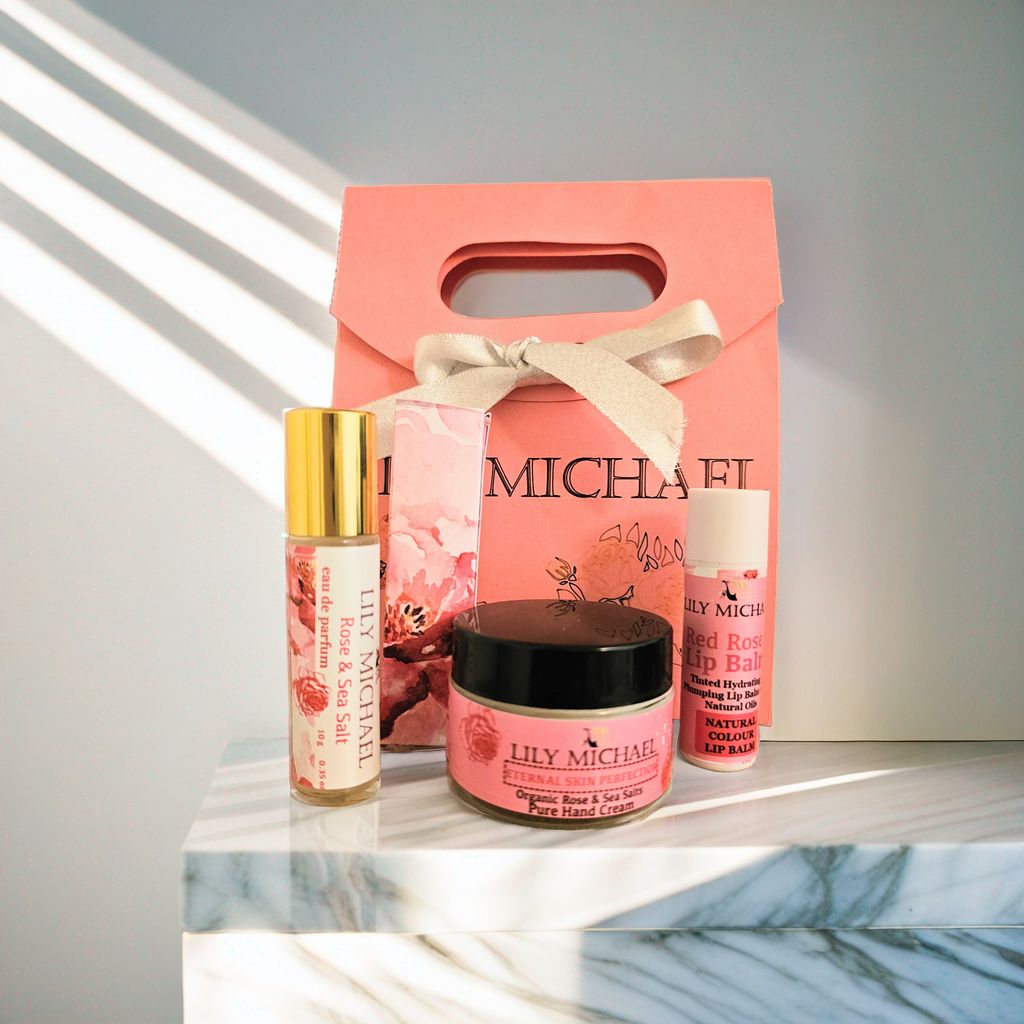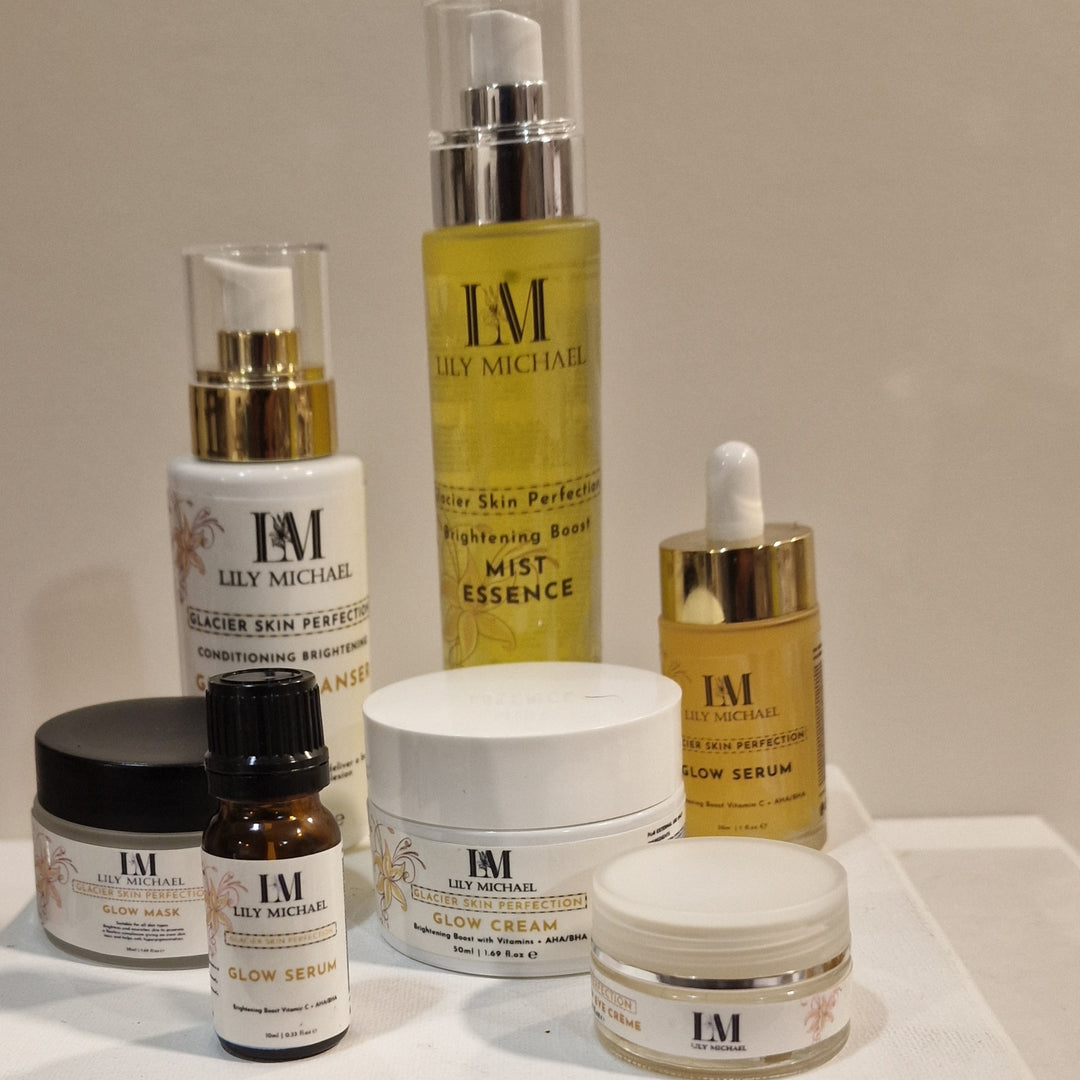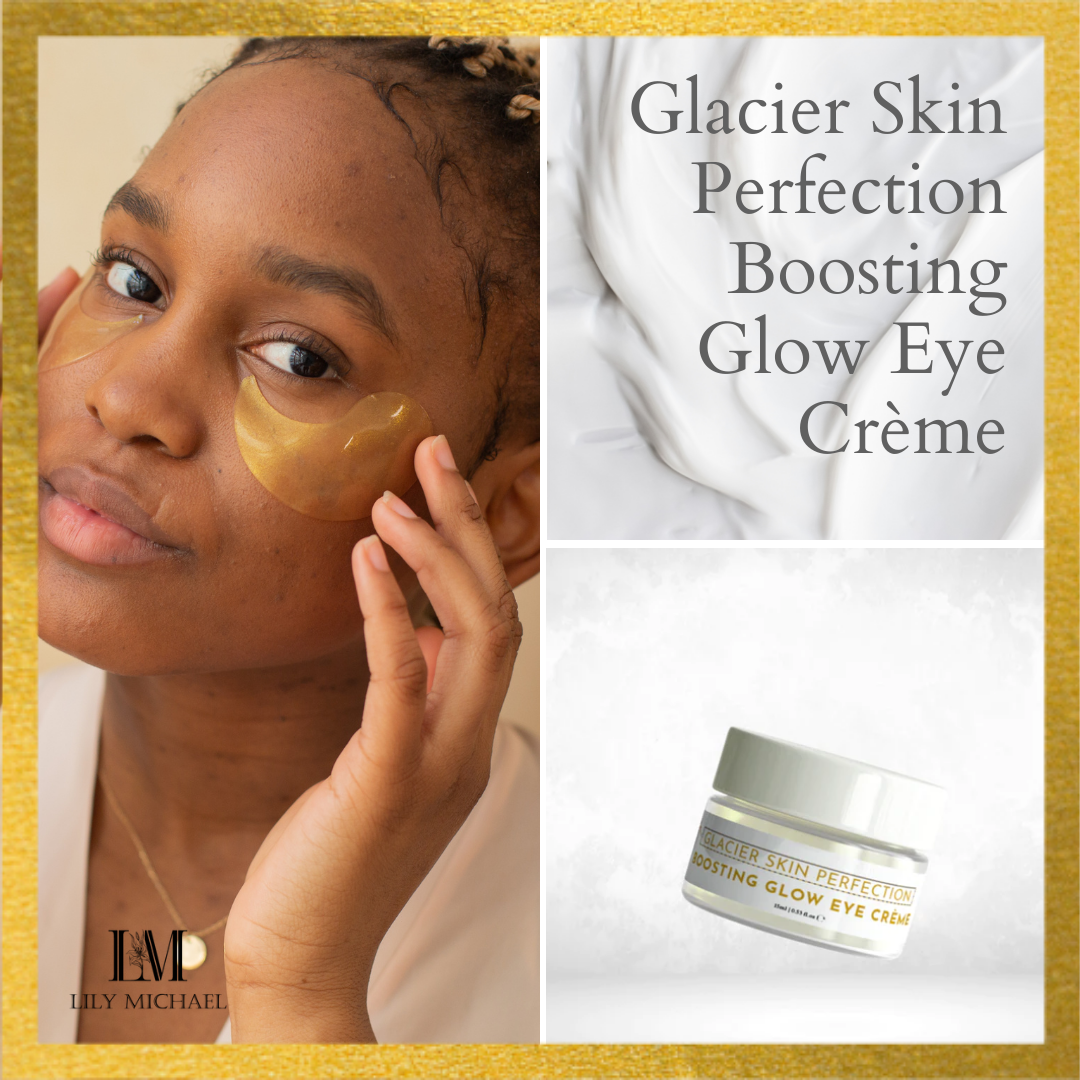Indigo for Skin
Distinctive in color, Indigo has long been regarded for its deeply soothing and restorative powers. The botanical’s legendary properties were largely forgotten over the years, rediscovered by a family of Japanese growers. In addition to its bold hue, the plant’s extracts help calm and comfort irritated skin. Indigo has anti-inflammatory benefits!. Wild Indigo extract stimulates beta endorphin release and provides relief for sensitive skin.
Science
Indigo’s active ingredients help provide anti-inflammatory relief. Tryptanthrin is a nitrogen-rich compound known to help flush away toxins and irritants. Indirubin is a dynamic isometric compound that supports skin’s natural barrier function.
History
Indigo is as a treatment for itchy, irritated skin whose use stretches back centuries. During the Edo Period, Japan’s Samurai wore a layer of Indigo-dyed cotton beneath their armor to help heal injuries. Today, the hue is often referred to as “Samurai Blue.” The rich dye was also used for traditional firefighter uniforms, and presented to newborns in the form of an indigo-dyed blanket — a testament to its protective qualities.
Provenance
The Indigo botanical draws its nutrients from the soil around it. It is notoriously difficult to grow, as it eventually saps the soil of nutrients.
Benefits for Indigo for Skin
Natural Pigment
Indigo is a plant-based dye obtained from various species of the Indigofera genus in the legume family. It has been used since antiquity for its rich, blue color and ability to interact with one’s skin in a safe and natural way. The color comes from a mixture of two natural pigments, indigotin (blue) and indican (grayish-green).
2. Anti-Inflammatory Benefits
Indigo has natural anti-inflammatory properties which make it ideal for skincare applications. When applied topically, it can help reduce redness and swelling on the skin. The blue dye also helps retain moisture levels in dry skin to keep it nourished and hydrated for longer periods of time.
3. Reduces Pigmentation
Indigo’s anti-inflammatory properties also help reduce any dark spots or pigmentation as well as scarring on the face. It is a gentle yet effective way to even out skin tone without resorting to harsh chemicals or bleaches.
4. Antimicrobial Benefits
Indigo not only reduces inflammation but also helps promote wound healing by providing antimicrobial benefits on your skin’s surface. This makes it an ideal solution to treat cuts, scrapes, rashes, insect bites and other minor wounds without further irritating the affected area causing additional redness or discomfort.
5 Hypoallergenic Properties
As indigo is naturally derived from plants like henna, cassia Obovata etc., its hypoallergenic properties make it suitable for even sensitive skin types that may react allergically to synthetic ingredients found in many skincare products today. In fact, these same plant extracts help nourish your complexion while relieving any irritation or allergic reaction your skin may have experienced due to artificial chemicals or fragrances found in conventional beauty products instead using heavy metals present in them sometimes to increase their sales falsely..
6 Natural Sunscreen Properties
Indica’s natural pigment can offer mild SPF protection against harmful UV rays thanks to its protective capabilities against damage caused by ultraviolet radiation on the skin. This means that if you’re spending days outdoors during summer too often then applying something like Indigo is an easy way to protect yourself from stronger sunburns that could otherwise do long term damage on your complexion over time if neglected properly now work lost forever!.
7 Skin Soothing Benefits
Finally, this plant extract can be used along with other fundamental oils like lavender oil or jojoba oil will give you that regal spa experience if used carefully combining all these essential elements together making sure spoil yourself with style! Developed because of its soothing properties when applied topically on irritated facial area preventing the topical surface going through more unknown effects we might regret later don’t think so?
Did You Know
Japanese firefighters traditional uniform was made of indigo-dyed cotton to protect against burns.




